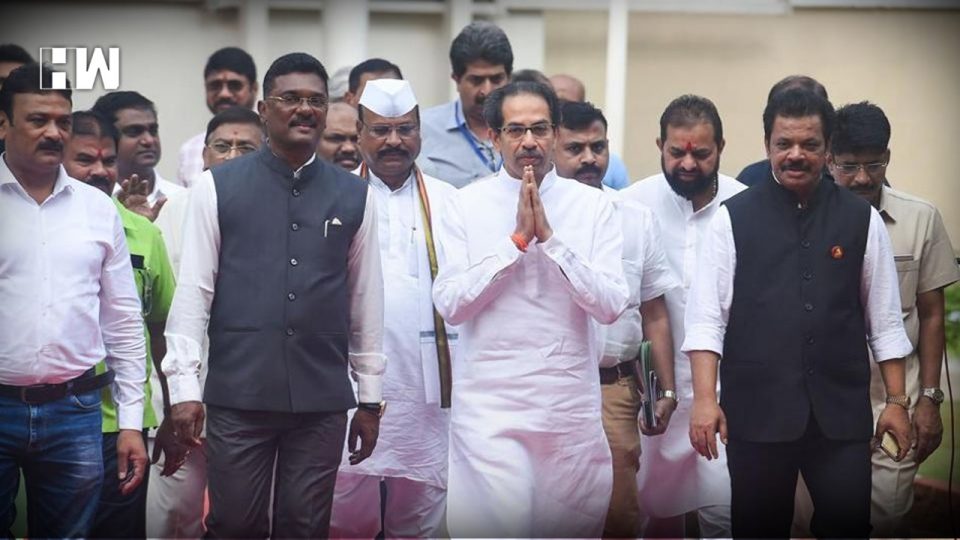Uddhav Thackeray has compared the police action against students of Jamia Milia Islamia University in Delhi to the massacre at 1919 Jallianwala Bagh
Nagpur: The Chief Minister of Maharashtra, Uddhav Thackeray condemned the police crackdown on students at the Jamia Millia University on Sunday during protests against the Citizenship Amendment Act. He said the incident reminded him of “Jallianwala Bagh”, one of the worst massacres during India’s independence movement.
Uddhav Thackeray has compared the police action against students of Jamia Milia Islamia University in Delhi to the massacre at 1919 Jallianwala Bagh.
“There is a situation across India where the manner in which the police entered the campus in Delhi and students were fired on, I was reminded of the Jallianwala Bagh incident. Are we creating a Jallianwala Bagh-like situation in India by trying to scare students,” Uddhav Thackeray questioned in the Maharashtra assembly on Tuesday, criticizing the central government led, over the citizenship protests and the violence on Sunday night?
“In a nation or a state where there is anger among youth, there cannot be peace. Youngsters are our strength. Soon we will be the country with the highest number of youth. Youth power is a bomb and I request the central government not to ignite it,” the Chief Minister Uddhav Thackeray added, joining the chorus against the Citizenship Amendment Act, which makes it easier for non-Muslims from Pakistan, Afghanistan, and Bangladesh to become Indian citizens.
On Sunday, a protest march by students at the Jamia university descended into violence and chaos after a mob clashed with the police. Later the police barged into the Jamia campus and rounded up students. The police are alleged to assault students with sticks and using tear gas shells, leaving many individuals injured. Students were also arrested and released hours later. Students have disassociated themselves from the mobs that burnt buses and clashes with the Cops.
As an independent media platform, we do not take advertisements from governments and corporate houses. It is you, our readers, who have supported us on our journey to do honest and unbiased journalism. Please contribute, so that we can continue to do the same in future.

